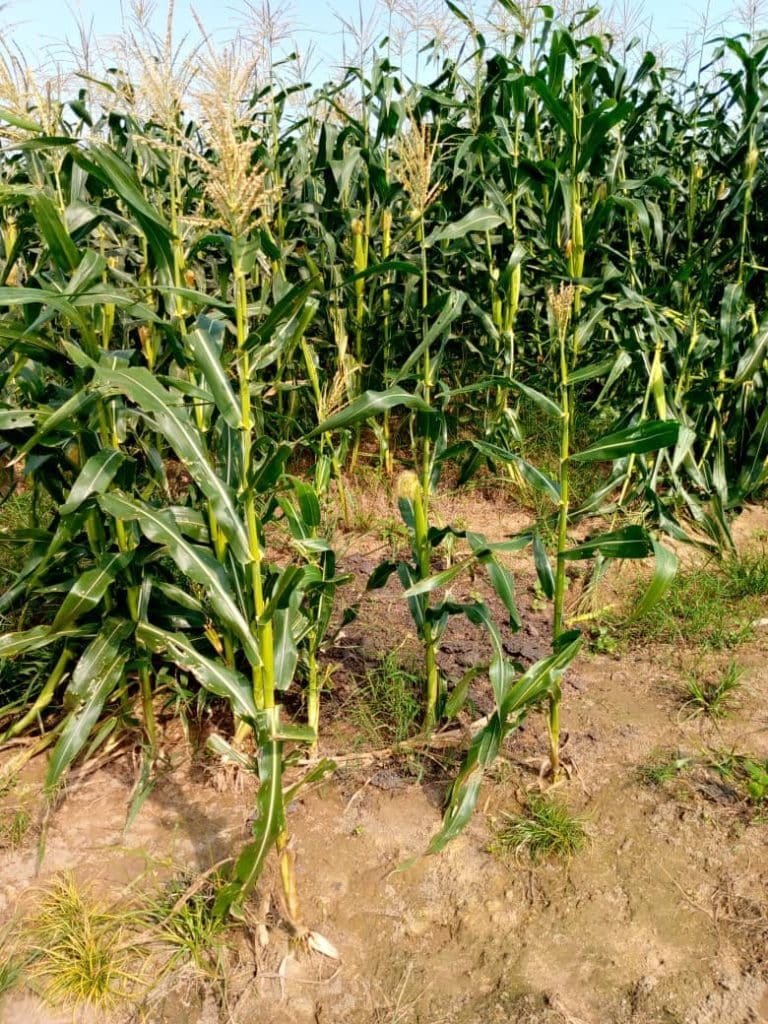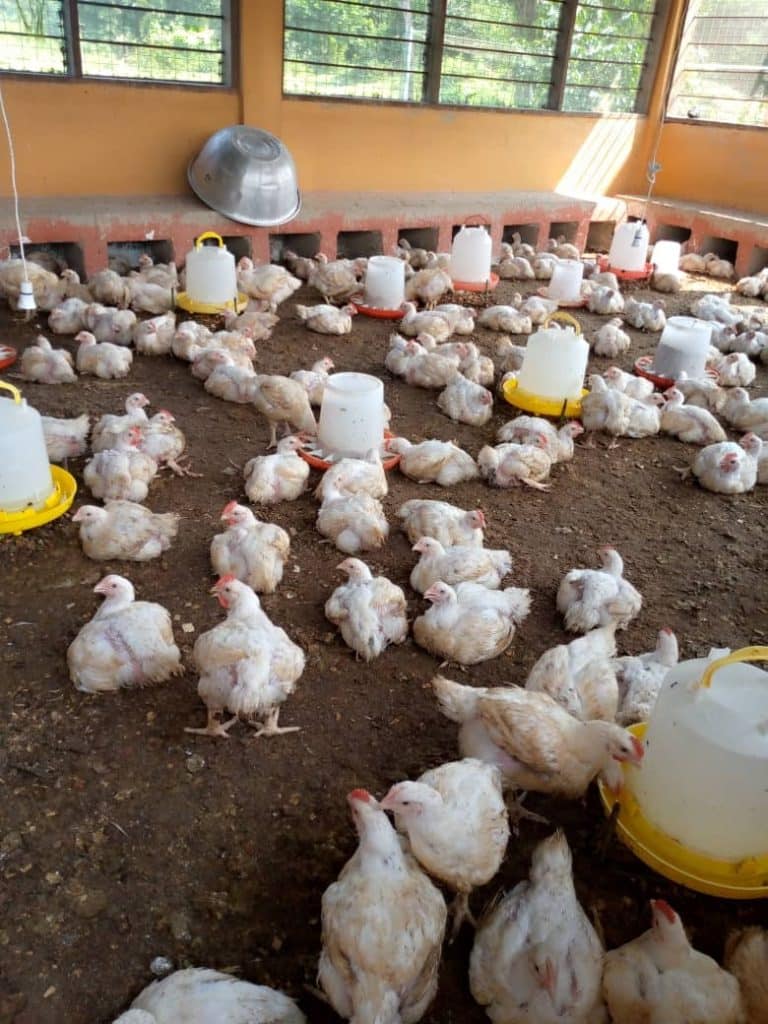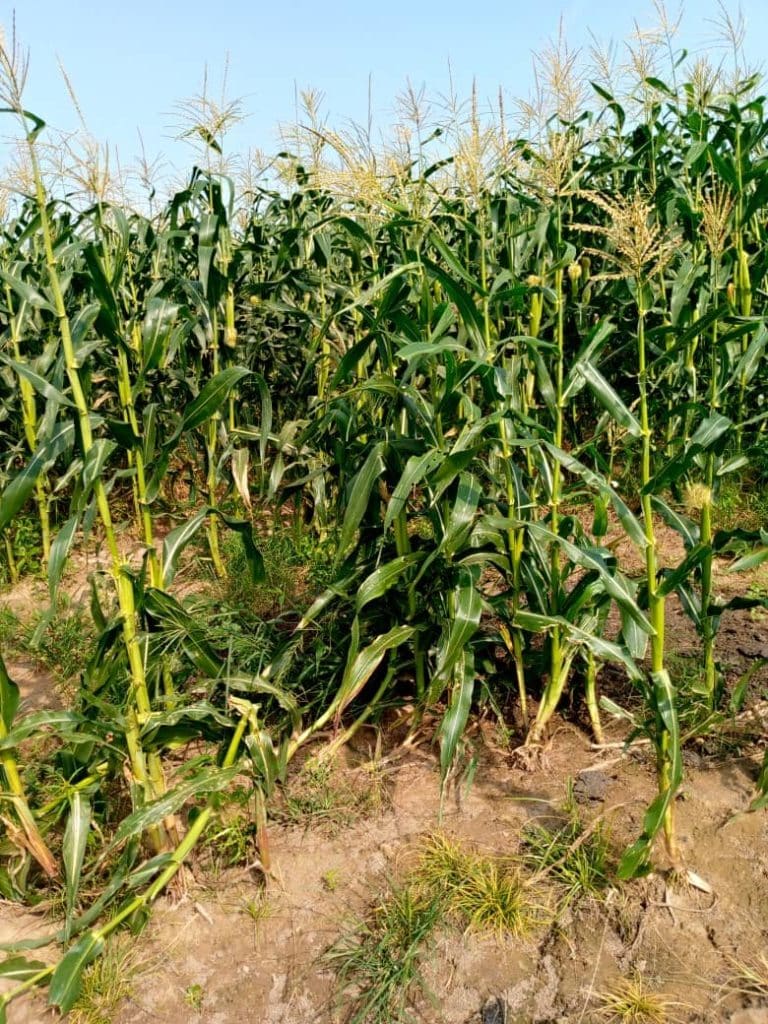Are you considering farming in Ghana? This article will provide you with valuable information about the latest innovations and opportunities in the agricultural sector of Ghana. Discover the potential benefits and challenges of farming in this West African country.
Introduction to the Agricultural Sector in Ghana.
The agricultural sector in Ghana plays a vital role in the country’s economy, employing a significant portion of the population and contributing to food security. With its favorable climate and fertile soil, Ghana offers great potential for farming. This article will provide an introduction to the agricultural sector in Ghana, highlighting the key opportunities and innovations that farmers can take advantage of. Whether you are a seasoned farmer or considering starting a new venture, understanding the agricultural landscape in Ghana is essential for success.
Technological Innovations in Farming.
Technological innovations have revolutionized the farming industry in Ghana, making it more efficient and productive. One such innovation is the use of drones for crop monitoring and spraying. Drones equipped with cameras and sensors can provide real-time data on crop health, allowing farmers to identify and address issues before they become major problems. Additionally, drones can be used to spray pesticides and fertilizers, reducing the need for manual labor and minimizing the use of chemicals. Another technological advancement is the use of precision agriculture techniques, such as GPS-guided machinery and automated irrigation systems. These technologies enable farmers to optimize their use of resources, reduce waste, and increase yields. Overall, these innovations are helping to transform the farming sector in Ghana and create new opportunities for farmers
Opportunities for Small-Scale Farmers.
The advancements in farming technology in Ghana have benefited large-scale farmers and created opportunities for small-scale farmers. With the use of precision agriculture techniques and drones, small-scale farmers can now improve their productivity and efficiency. They can optimize their use of resources, reduce waste, and increase their yields, just like their larger counterparts. Additionally, these technologies have made it easier for small-scale farmers to access markets and connect with buyers. Online platforms and mobile apps have emerged, allowing farmers to sell their products directly to consumers or connect with wholesalers and retailers. This has opened up new avenues for small-scale farmers to expand their businesses and increase their income. Overall, the future of farming in Ghana looks promising for both large and small-scale farmers, thanks to these innovative technologies and opportunities.
Government Initiatives and Support.
The Ghanaian government places great value on the agricultural sector and has implemented a variety of initiatives to support farmers. One of the most noteworthy programs is the Planting for Food and Jobs initiative, which is designed to boost food production and create employment opportunities in agriculture. This program provides farmers with subsidized fertilizers, improved seeds, and extension services to maximize their productivity. The government has also invested in critical infrastructure development, such as irrigation systems and rural roads, to facilitate agricultural activities. Furthermore, the establishment of agricultural development banks and financial institutions has made it possible for farmers to access credit and financial assistance. These government-supported efforts are essential for the success and growth of Ghana’s farming sector.
Challenges and Future Outlook for Farming in Ghana.
While there are many opportunities for farming in Ghana, several challenges also need to be addressed. One major challenge is climate change, which has led to unpredictable weather patterns and increased the risk of droughts and floods. This can have a significant impact on crop yields and livestock production. Additionally, access to modern farming technologies and equipment is limited in many rural areas, making it difficult for farmers to improve their productivity. Lack of access to markets and storage facilities is another challenge, as it can result in post-harvest losses and lower incomes for farmers. However, despite these challenges, the future outlook for farming in Ghana is promising. With continued government support and investment in the agricultural sector and the adoption of innovative farming practices and technologies, there is great potential for growth and success in the industry.
Read More here: Sustainable Community Projects in Cape Coast Ghana | Eco Scout Ghana



